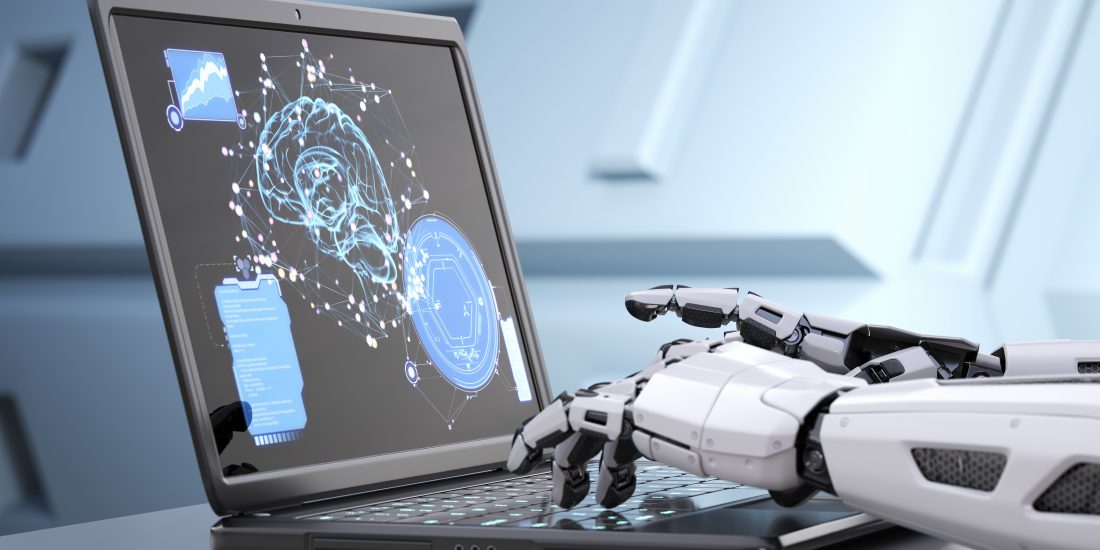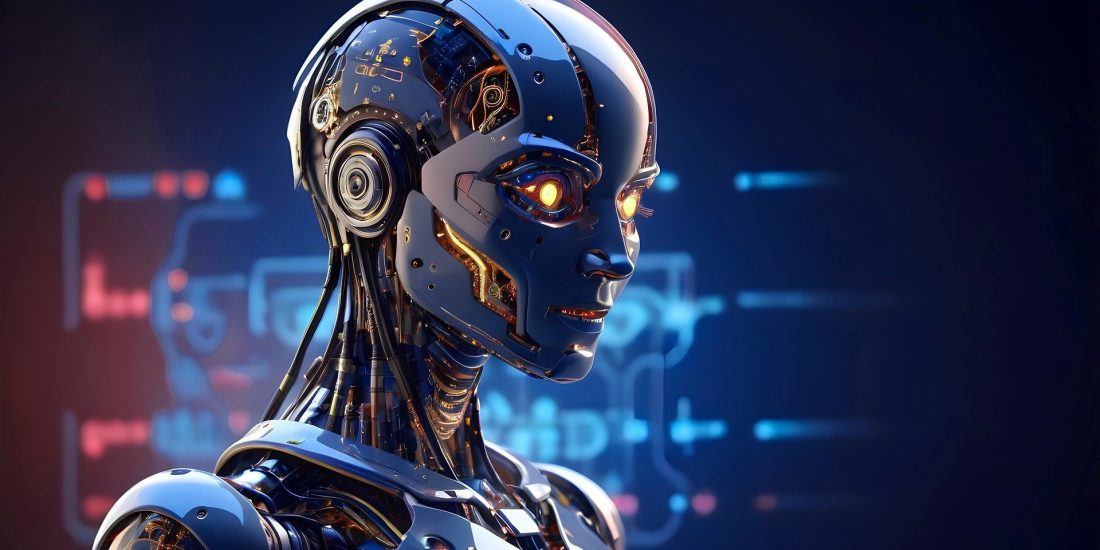
Artificial Intelligence Technology is changing Agriculture
Artificial Intelligence is attracting a lot of interest lately. Many industries are interested in implementing the latest technologies to create more efficient processes and save on resources. Agriculture is not an exception.
Agriculture is essential for the human race and has been making steady technological improvements over its pre-historic past, especially with respect to Artificial Intelligence technology. The core mission has not changed but the integration of the latest technologies is helping this industry become technology savvy.
Here are some critical aspects of the Artificial Intelligence technology and the benefits it gives to the farms using it or planning to use in the future.
- Image recognition: drones that use artificial intelligence could help farmers scan fields, to monitor every stage of the production cycle and create data-driven decisions. Farming could be much more efficient when drone data, along with IoT and computer technologies join forces to develop more sophisticated analysis. According to the latest report, the market for drones used in agriculture is projected to reach $480 million in the next ten years.
- Automated workforce: people might think that robots will eliminate jobs. In fact, the reality is that the industry will lose in the next few years 6% of their workers. Moreover, the World Urbanization Prospects report showed that by 2050, 66% of the global population would be in urban areas, which will decrease the workforce in the rural areas. In this context, the adoption of new technologies is the best way to address the challenge. Many operations could be done remotely, using automated processes, allowing farmers to make decisions faster and smarter.
- Maximize the production: the use of artificial intelligence technology in agriculture could improve the return on investment for all farms. AI could determine the best seed to use according to information about the weather, type of soil, potential infestations, marketplace and data included in the algorithm. We already have AI technologies that can process those analytics to help minimize losses in the potato production supply chain for farms.
- Chatbots: those little robots are part of what we call smart technology. As I mentioned in a previous article, chatbots could bring real benefits to companies using them. Agriculture could also use this emerging technology as virtual assistants for farmers. Machine learning techniques and deep learning could create chatbots that answer questions immediately and give advice and recommendations on specific problems.

All these cognitive technologies will provide exciting times for agriculture and will create sustainability and efficiency. This is only the beginning of the age where farmers, businesses, and decision-makers will reshape the industry leveraging IoT and Artificial Intelligence.
If you have questions about the topic, feel free to comment in the section below.




